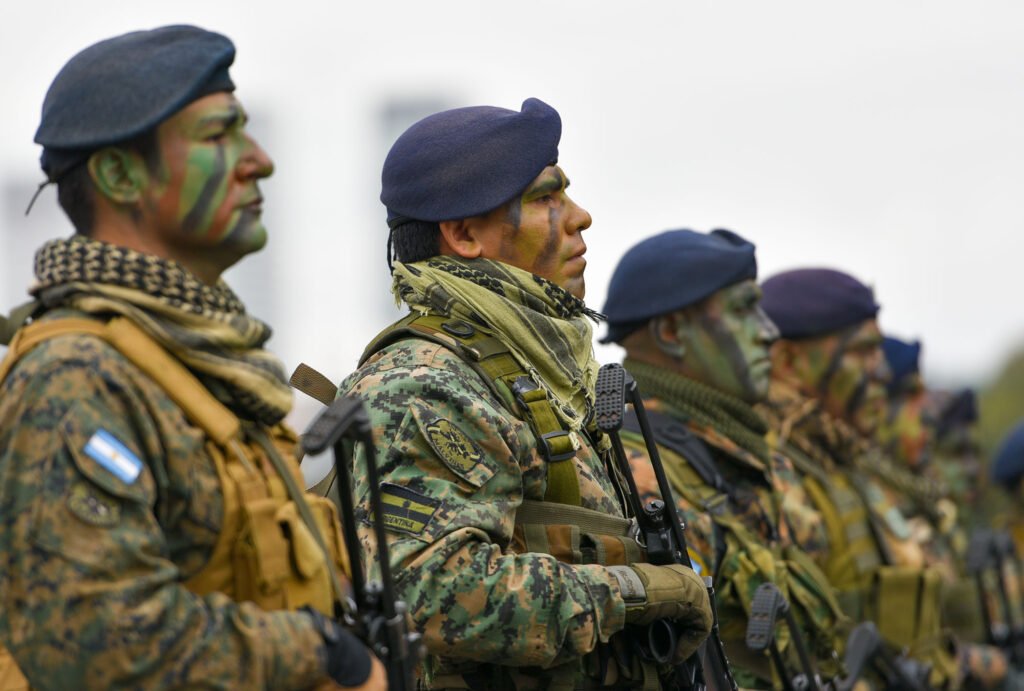
The Latin American Military Dilemma.
The Historical Context
Latin America has a long and complex history when it comes to military involvement in politics. Throughout the 20th century, military dictatorships were a common phenomenon in the region, with countries like Argentina, Chile, and Brazil experiencing periods of authoritarian rule. These military regimes often justified their actions as necessary to maintain order and stability in the face of perceived threats.
The Role of the Military
The military traditionally holds a position of power and influence in Latin American societies. It is often seen as the defender of national security and protector of the people. However, this perception can also lead to a dilemma. While the military is expected to serve the interests of the nation, it is also expected to remain neutral and apolitical.
When the military becomes involved in politics, it raises concerns about the erosion of democratic institutions and the potential for abuse of power. This dilemma is particularly relevant in countries with a history of military coups and human rights abuses.
The Challenges
One of the main challenges in addressing the Latin American military dilemma is striking a balance between the need for a strong military and the need for democratic governance. Latin American countries often face security challenges, such as drug trafficking, organized crime, and internal conflicts. These challenges require a well-equipped and capable military force.
At the same time, there is a growing recognition of the importance of democratic governance and respect for human rights. The legacy of military dictatorships and the atrocities committed during those periods have left a lasting impact on the region. Many Latin American countries have made significant progress in transitioning to democracy and establishing civilian control over the military. However, the process is not always smooth, and there are still instances where the military interferes in politics.
Promoting Democratic Control
One way to address the Latin American military dilemma is by promoting democratic control over the military. This involves strengthening civilian oversight mechanisms and ensuring that the military operates within the confines of the law and respects human rights.
Transparency and accountability are crucial in this process. It is important to establish clear rules and procedures for the military’s involvement in politics and to hold individuals accountable for any abuses of power. This can help build trust between the military and the civilian population and prevent the military from becoming a threat to democratic governance.
International Cooperation
International cooperation can also play a role in addressing the Latin American military dilemma. Countries with more established democratic systems can share their experiences and provide support to countries in transition. This can include assistance in strengthening democratic institutions, promoting respect for human rights, and fostering a culture of civilian control over the military.
The Way Forward
Addressing the Latin American military dilemma requires a comprehensive approach that takes into account the historical context, the specific challenges faced by each country, and the importance of democratic governance. By promoting democratic control over the military and fostering international cooperation, Latin American countries can work towards a future where the military serves as a defender of the nation rather than a threat to democratic institutions.
Have a query? Contact Us
